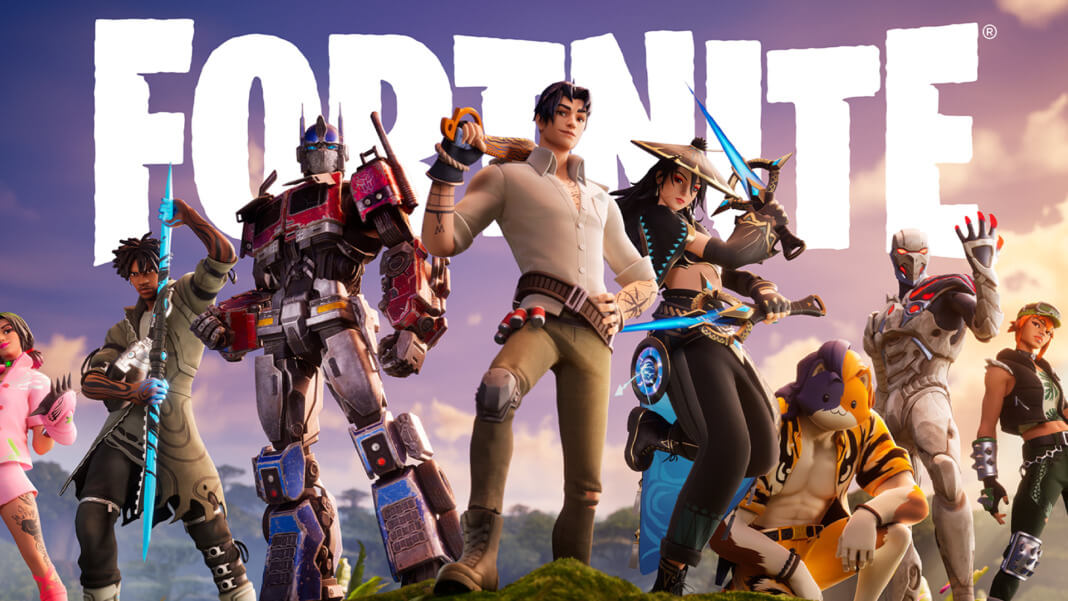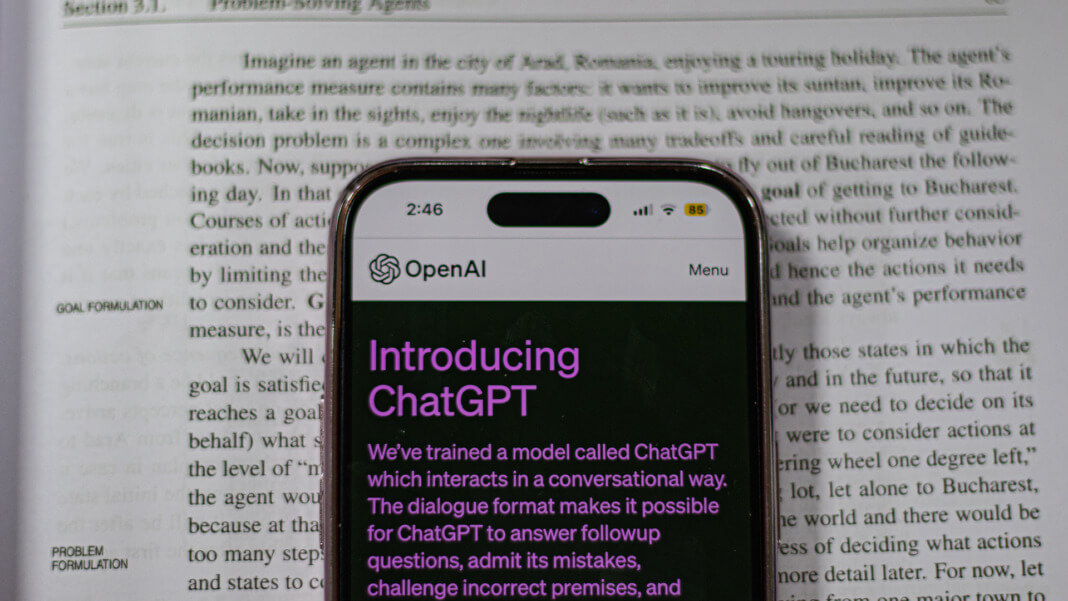OpenAI, known for pioneering advanced AI chatbots, has now launched a groundbreaking platform that allows for creating tailor-made versions of its renowned ChatGPT. This innovative tool caters to specific needs and requires no coding expertise.
Custom AI bots coming to the GPT Store
The upcoming GPT Store will offer these specialised AI agents, referred to as GPTs by OpenAI, to both ChatGPT Plus subscribers and corporate clients. These entities will have the ability to construct GPTs exclusive to their operations. OpenAI plans to remunerate creators based on user engagement with their GPTs, though the specifics of this compensation are yet to be detailed.
Development and accessibility advancements
Revealed at OpenAI’s inaugural developer conference in San Francisco, this advancement is part of a larger series of announcements. These include the unveiling of a more efficient version of GPT-4, reduced costs for developers incorporating OpenAI’s models into their applications, and the significant milestone of ChatGPT attracting 100 million weekly users.
Tailoring ChatGPT for individual needs
OpenAI has observed a demand for more personalised interaction with ChatGPT. While the ‘Custom Instructions’ feature launched in July offered some level of personalisation, the clamour for greater control persisted. The new GPTs address this by automatically handling the complex prompts and instructions that users typically manage manually.
A glimpse into the custom GPT experience
During a demonstration, a custom-built “Creative Writing Coach” GPT reviewed a writing sample, while another, named “Event Navigator,” was quickly created to aid attendees at the developer conference. This bespoke GPT, complete with an auto-generated profile picture and equipped with the event’s schedule, was tasked to provide concise assistance, avoiding any scheduling issues.
Expanding GPT capabilities and integrations
The builder interface for these GPTs enables creators to define the nature of interactions. They can incorporate various tools such as web browsing, DALL-E, and a coding interpreter. The interface also provides for the upload of bespoke data and connects to external services like Canva and Zapier through a feature named Actions.
Competitive edge and ethical considerations
The launch positions OpenAI as a formidable competitor to other AI platforms, distinguishing itself with a focus on utility. The company has pledged to monitor GPTs to prevent misuse, including fraud and inappropriate content, and will initially require identity verification for those creating GPTs.
As OpenAI moves towards its ultimate goal of developing a superintelligent AI, access to these custom GPTs is currently restricted to paying subscribers, potentially boosting OpenAI’s financial growth as it eyes an investor valuation reaching as high as US$90 billion.
Here is a short video preview of the new ChatGPT Prototype – Gizmo V8.
— Tibor Blaho (@btibor91) November 5, 2023
The feature previously known as "Magic Maker" for creating new GPTs is now called "GPT Builder".
It seems that the "Welcome Message" has been removed, and GPT Builder can now also generate profile pictures… pic.twitter.com/Rfbl8dIXvX





